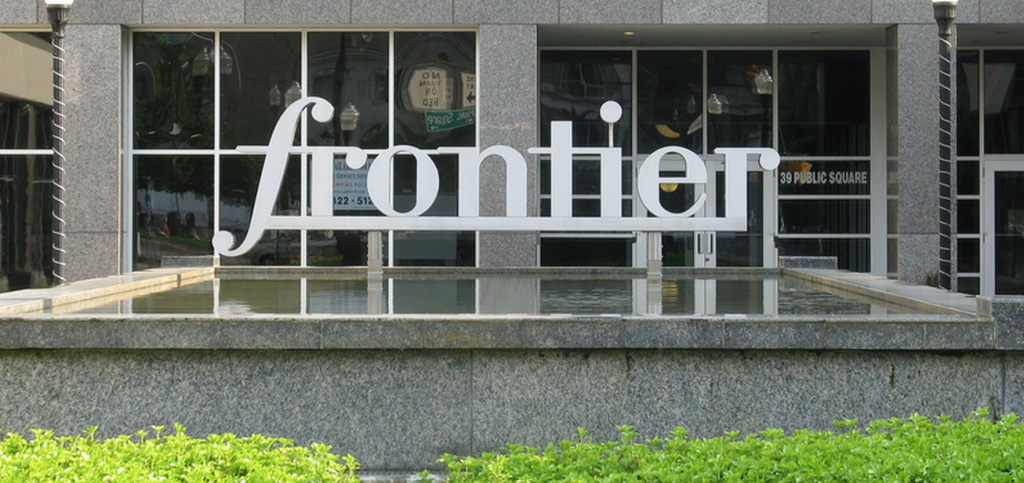Frontier Customers Sue, Alleging They Don’t Get Advertised Internet Speeds
The Charleston Gazette reports on the lawsuit, in which the three named plaintiffs claim that Frontier violated the West Virginia Consumer Credit and Protection Act by advertising its “High-speed Internet Max” service and promising speeds of up to 12 Mbps, only to deliver significantly slower speeds, particularly in rural areas. Some customers say their speeds were only around 1 Mpbs even though they paid for the high-speed service.
A rep for Frontier tells the Gazette that the plaintiffs’ lines were each put to the test and that “in all cases the service met or exceeded the ‘up to’ broadband speeds to which they subscribed.”
The plaintiffs believe that Frontier is enriching itself by deliberately throttling speeds to certain customers while charging for full service.
“Frontier’s practice of overcharging and failing to provide the high-speed, broadband-level of service it advertises has created high profits for Frontier but left Internet users in the digital Dark Age,” reads the complaint.
According to the suit, while Frontier — which dominates the broadband market in West Virginia and has virtually no competition in most areas it serves — received $42 million from the federal government to build out a fiberoptic network, only 12% of Frontier subscribers in the state have access to speeds that even qualify for the FCC’s outdated definition of broadband (4 Mpbs downstream).
The plaintiffs allege that Frontier lacked the infrastructure to actually deliver the speeds it promised to many customers, and so it throttled back data speeds to certain subscribers in order to provide adequate service to others.
One plaintiff says that when he complained to a Frontier manager about the slow speeds he received, she responded that “If as you suggest, we ‘opened up the throttle’ for every served customer, it could create congestion problems resulting in degradation of speed for all customers.”
In the FCC’s most recent Measuring Broadband America report, Frontier didn’t exactly set the speed meter ablaze.
The company’s DSL service was one of the worst performers in the survey, only delivering about 85% of the advertised sustained download speeds. Even the Frontier fiber service failed to consistently meet advertised speeds.
THE BIG CATCH
The lawsuit faces one huge roadblock that could prevent it from ever reaching a courtroom. According to the Frontier Terms & Conditions [PDF], residential service subscribers are not only forbidden from joining together in a class action, but must each individually resolve any legal dispute with the company through mandatory binding arbitration — a process that is heavily unbalanced in favor of the business.
But the plaintiffs believe they are not bound by this clause, as the only way to access the terms of service is via the Frontier website, and the company never obtains “informed written consent” from customers.
Want more consumer news? Visit our parent organization, Consumer Reports, for the latest on scams, recalls, and other consumer issues.


